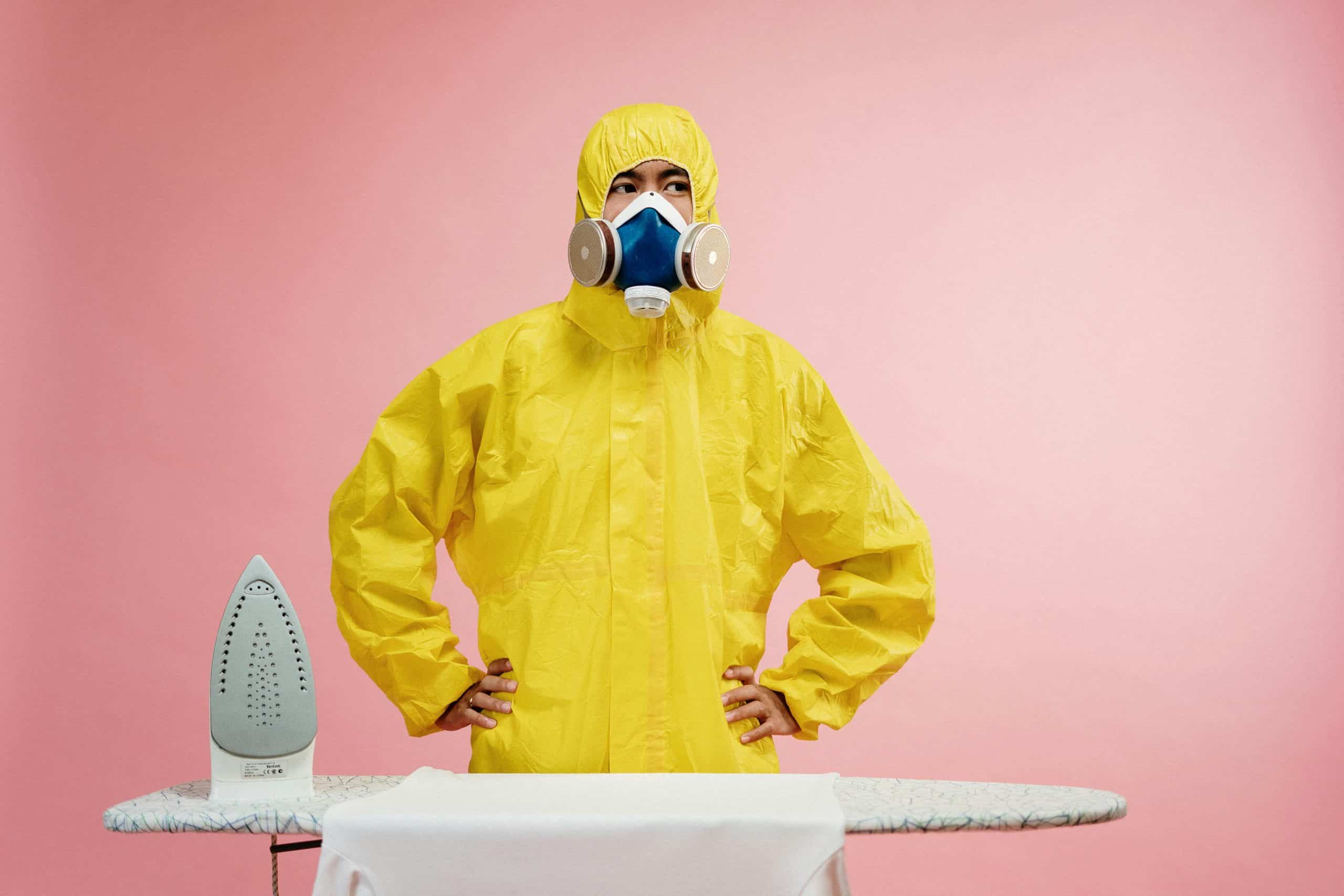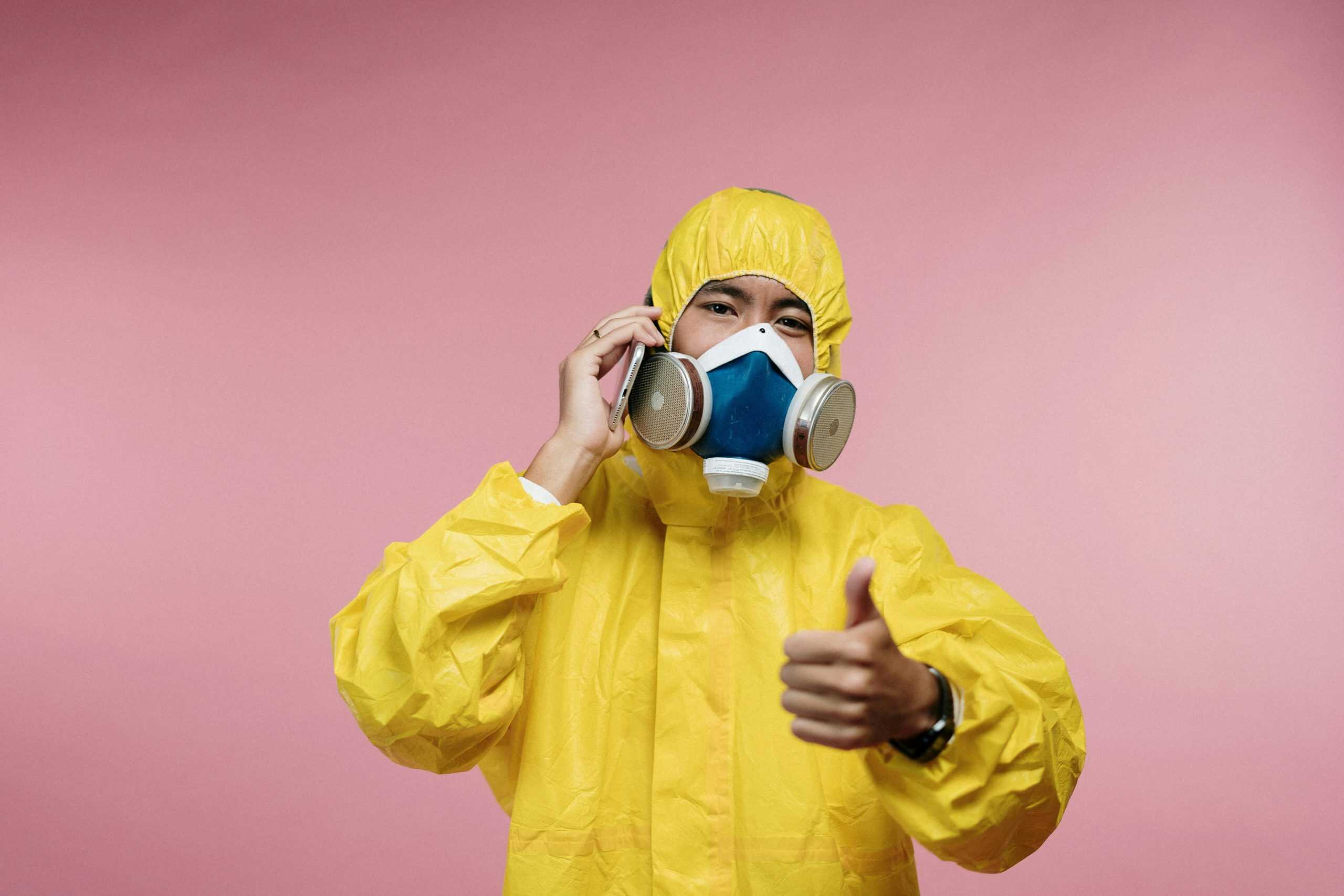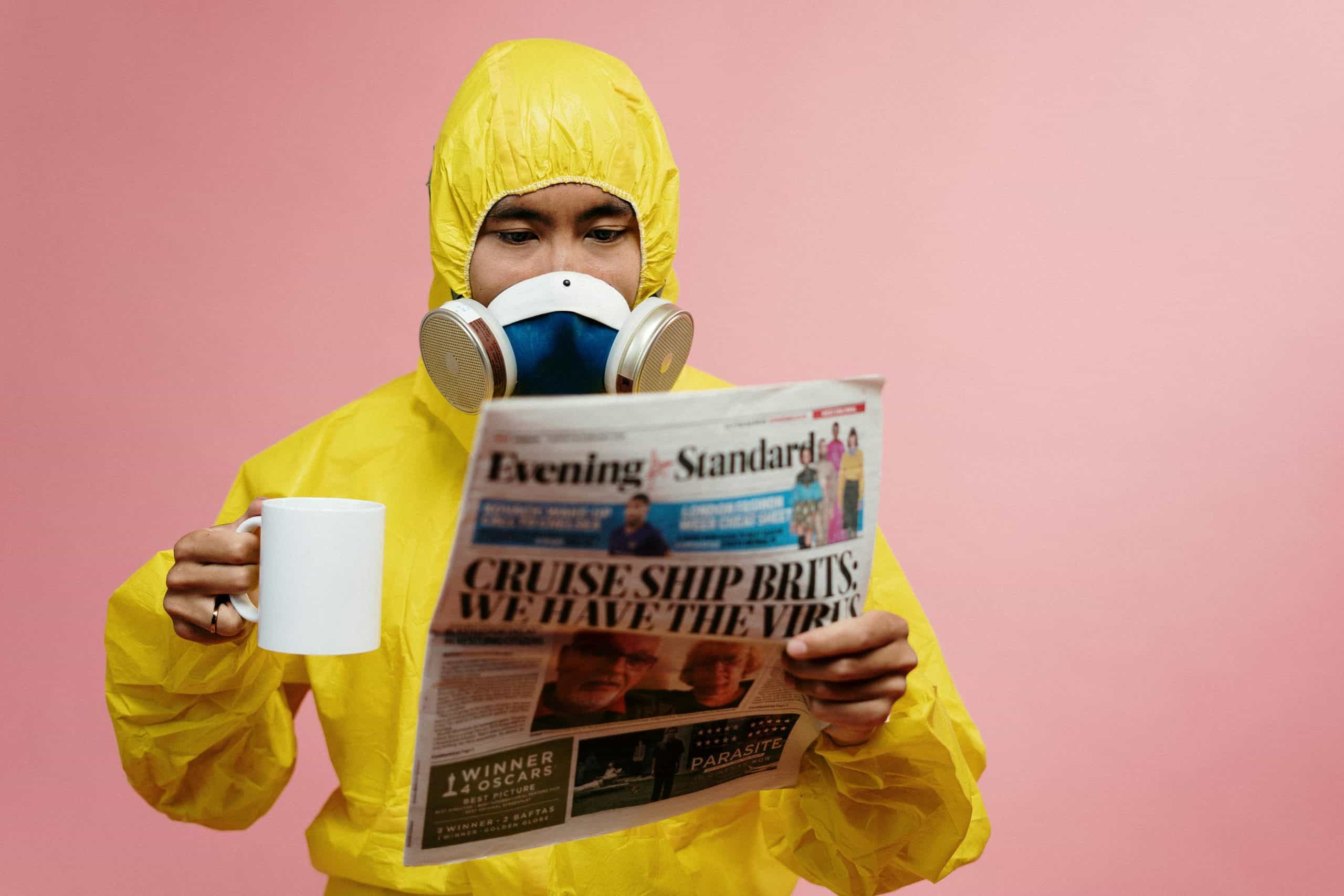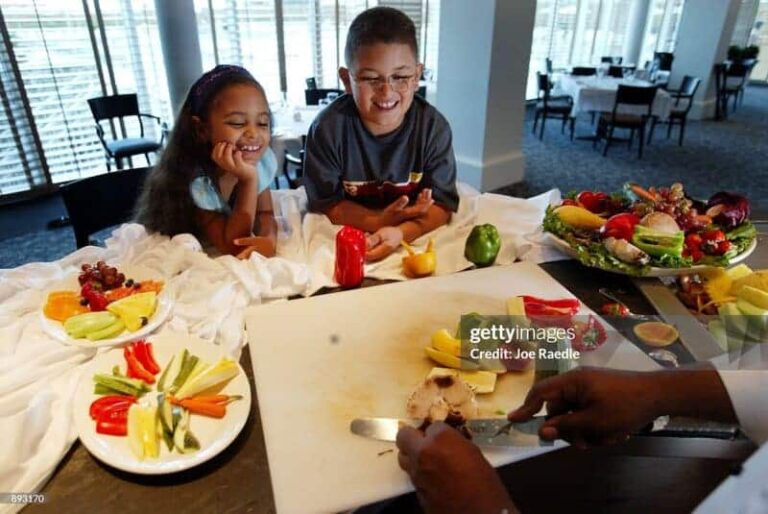Why the CDC’s 2025 Food Poisoning Surveillance Cuts Could Put Consumers at Risk
When news broke that the CDC’s foodborne illness surveillance program is losing federal funding in 2025, it sparked concern among public health experts and restaurant watchdogs. But for the average diner grabbing tacos on a Tuesday or brunching on Sunday, the reality is this: your best defense against food poisoning has always been your own common sense. While the CDC’s data has helped track outbreaks and improve food safety standards, its absence doesn’t mean you’re suddenly at the mercy of mystery meat. It just means we need to be a little more proactive—and maybe a little more skeptical—about where and what we eat.
What the CDC Was Tracking—and Why It Mattered
The CDC’s surveillance program monitored foodborne illnesses across the country, collecting data from hospitals, labs, and state health departments. This helped identify patterns in outbreaks, track pathogens like Salmonella and E. coli, and inform recalls and safety regulations. It was especially useful for spotting regional trends and flagging high-risk foods or establishments. But like many public health initiatives, it relied heavily on federal funding—and that funding is now being redirected elsewhere.
Why the Funding Was Cut

The decision to scale back the CDC’s food poisoning surveillance appears to be part of broader budget reallocations, with more emphasis placed on pandemic preparedness and chronic disease research. While some critics argue that foodborne illness is still a major public health concern, others point out that the data were often underutilized by the general public. Most people don’t check CDC dashboards before ordering sushi. And that’s part of the issue: the surveillance was valuable, but not always visible.
What This Means for You
Here’s the chill truth: if you’re already cautious about food safety—checking Yelp reviews, avoiding sketchy buffets, and steering clear of undercooked chicken—you’re probably doing more for your health than any government database ever could. The CDC’s absence doesn’t mean food suddenly got riskier. It just means the responsibility shifts a little more toward personal vigilance.
Restaurants and food service providers may also step in to fill the gap. There’s growing interest in third-party food safety audits and certifications, which could become a marketing tool. Imagine a future where eateries proudly display their private surveillance credentials, much like they do with farm-to-table sourcing or allergen transparency. In a way, the privatization of food safety data could empower consumers to make smarter choices—if the information is accessible and trustworthy.
Don’t Rely Solely on the CDC

It’s tempting to assume that government agencies like the CDC will catch every contaminated spinach leaf before it hits your plate. But the reality is, surveillance systems are only as effective as the data they receive—and the speed at which they act. With fewer resources, the CDC’s ability to monitor and respond to outbreaks will be limited. That’s not cause for panic, but it is a reminder to stay informed and take basic precautions.
Wash your hands. Ask questions. Pay attention to how your food is prepared. And if something smells off—literally or figuratively—trust your gut.
Final Thoughts
The CDC’s surveillance cuts are a shift, not a shutdown of food safety. While it’s disappointing to lose a layer of public oversight, it’s also an opportunity to rethink how we engage with food safety as individuals and communities. Whether through private audits, consumer reviews, or just good old-fashioned caution, staying healthy while eating out is still very much in your hands. The government can help, but it can’t do it all—and maybe it shouldn’t have to.
Disclaimer: This article is for informational purposes only and is not a substitute for professional medical advice. If you think you have food poisoning, don’t consult a blog—consult a doctor. Your gut may be wise, but it’s not licensed.







